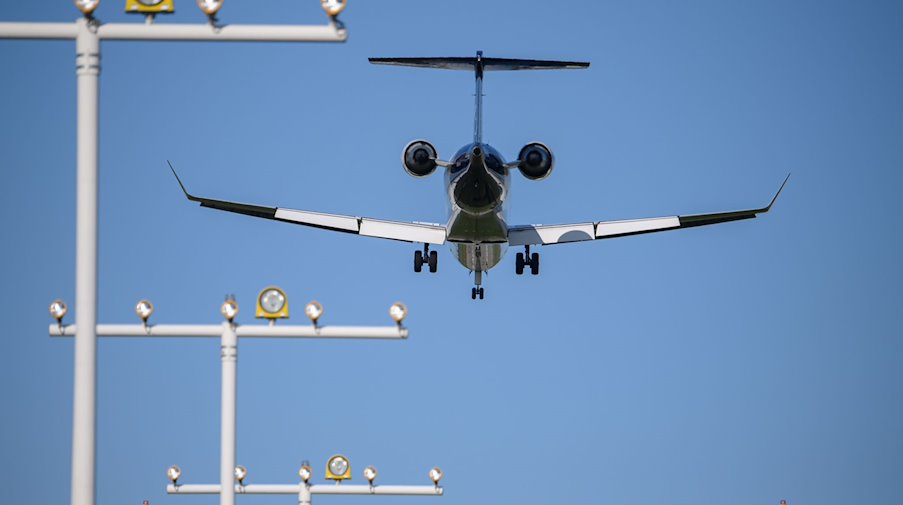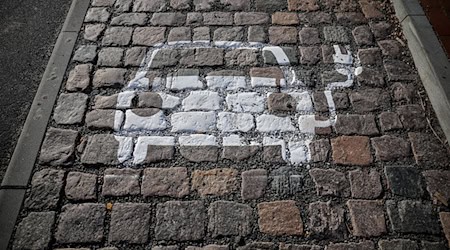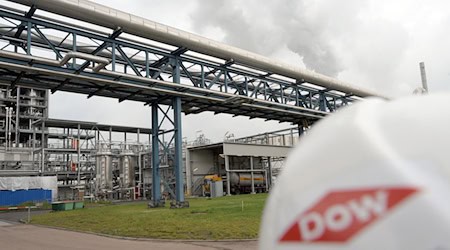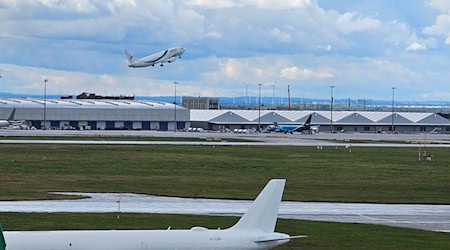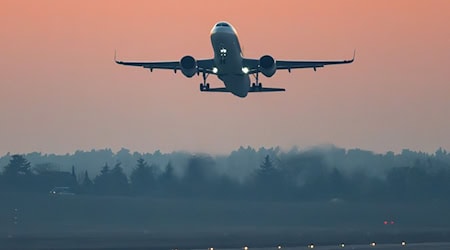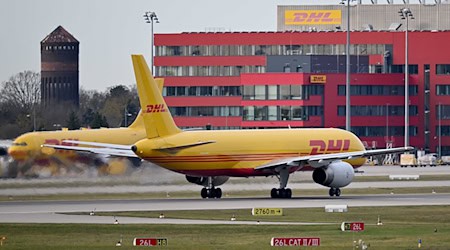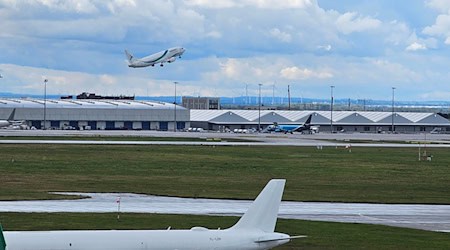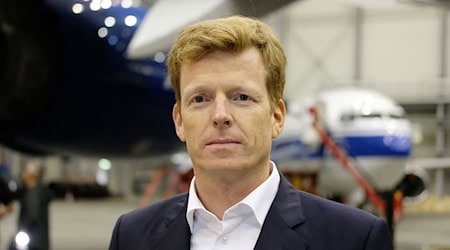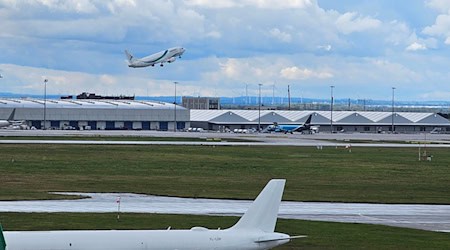The Dresden Chamber of Industry and Commerce (IHK) has criticized the increase in the air traffic tax planned by the German government and fears disadvantages for Dresden Airport. "The airlines are already calculating with a sharp pen and are continuously optimizing their costs. If the prices for passengers increase, smaller international airports like Dresden will suffer the most," explained Thomas Ott, Deputy Managing Director of the Chamber and responsible for traffic. The airport is already struggling with the lower passenger numbers since corona.
According to Ott, the fact that the Federal Ministry of the Interior does not want to stick to the current price cap for aviation security fees makes matters worse. "An increase in fees for individual passengers of 10 to 15 euros may not seem like much at first. However, for an aircraft with 200 passengers, this would result in additional costs of up to 3,000 euros per flight for the airline, which it would either have to bear itself or pass on to the passengers." As private travelers in particular react sensitively to price increases, it is to be expected that passengers will switch to Prague Airport or other means of transport.
The Chamber argued that if the capacity utilization of flights decreases even slightly, airlines will quickly cancel flight connections. Dresden has already lost important scheduled connections. If more were to be lost, vacation charter traffic would also no longer be economically viable in Dresden. "Dresden in particular, with its unique microelectronics industry and research landscape, but also a magnet for millions of tourists every year, needs high-performance air connections if it wants to maintain its attractiveness," emphasized Ott.
The traffic light government wants to raise the so-called ticket tax on passenger flights due to the budget crisis. This affects all passenger flights departing from German airports. The ticket tax introduced by the black-yellow government in 2011 brought in almost 1.2 billion euros in revenue for the state in 2022. Depending on the final destination of the flight, between 12.73 euros and 58.06 euros per ticket are due, which providers generally pass on to passengers. The German government now wants to generate additional revenue from the tax in an amount that offsets the waiver of the national kerosene tax.
Copyright 2023, dpa (www.dpa.de). All rights reserved

